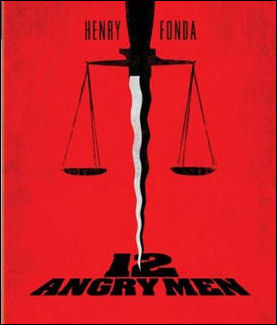In Alessandra Stanley‘s just published Vanity Fair piece about women comedian (“Who Says Women Aren’t Funny?), she describes Sarah Silverman thusly: “In her stand-up act and on her Comedy Central show, Silverman is as crude and cruelly insensitive as any male comedian, but with a sexy, coquettish undertone — a Valley Village version of Brenda Patimkin, the Jewish-American Princess in Goodbye, Columbus. In one scene, Sarah calls her sister ‘gay,’ then apologizes to her two gay neighbors. ‘I don’t mean gay like homosexual,’ she says sweetly. ‘I mean gay like retarded.’

Gams, gams, gams — Kristen Wiig, Maya Rudolph, and Tina Fey in an Annie Leibovitz photo posted on the VF website.
I genuinely love Silverman’s stuff, but everything she says and does results in an LQTM — laughing quietly to myself. And I have no problem with LQTM’s. I’ve also laughed at Tina Fey‘s stuff in the same way, and I say that with absolute respect and admiration for her exceptional smarts and wit. I’ve also had this reaction to the jokes of Ellen DeGeneres. So it’s not that women aren’t funny — they certainly are. It’s that some of the very best women comics don’t really make you go “hah-hah-hah!!” They make you go “heh-heh-heh.”
And that’s fine. That’s really not a putdown because I love these guys. I love their sharp-knife sass. I even liked Fey’s recent SNL bit about “bitch is the new black,” despite the pro-Hillary point of it.





